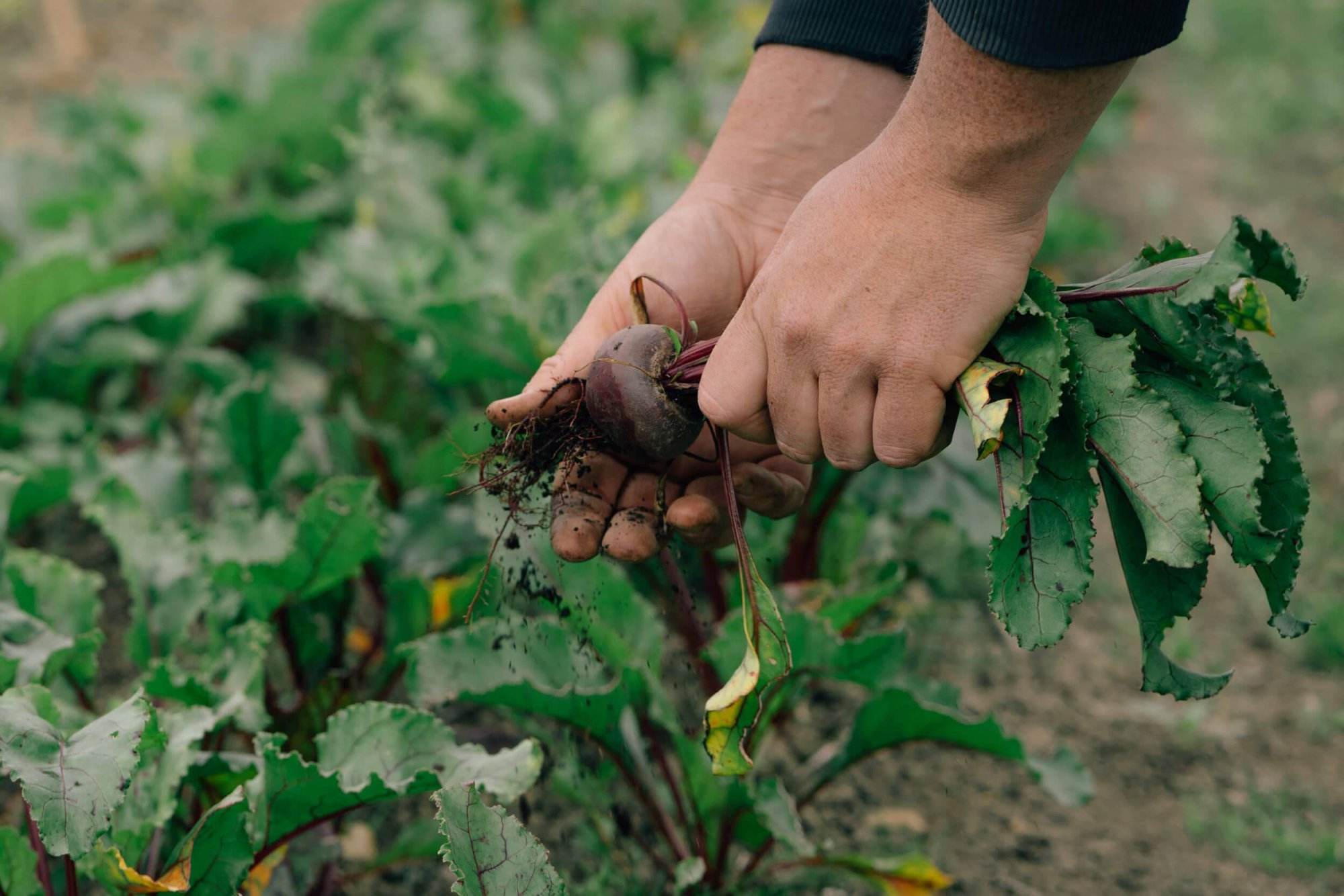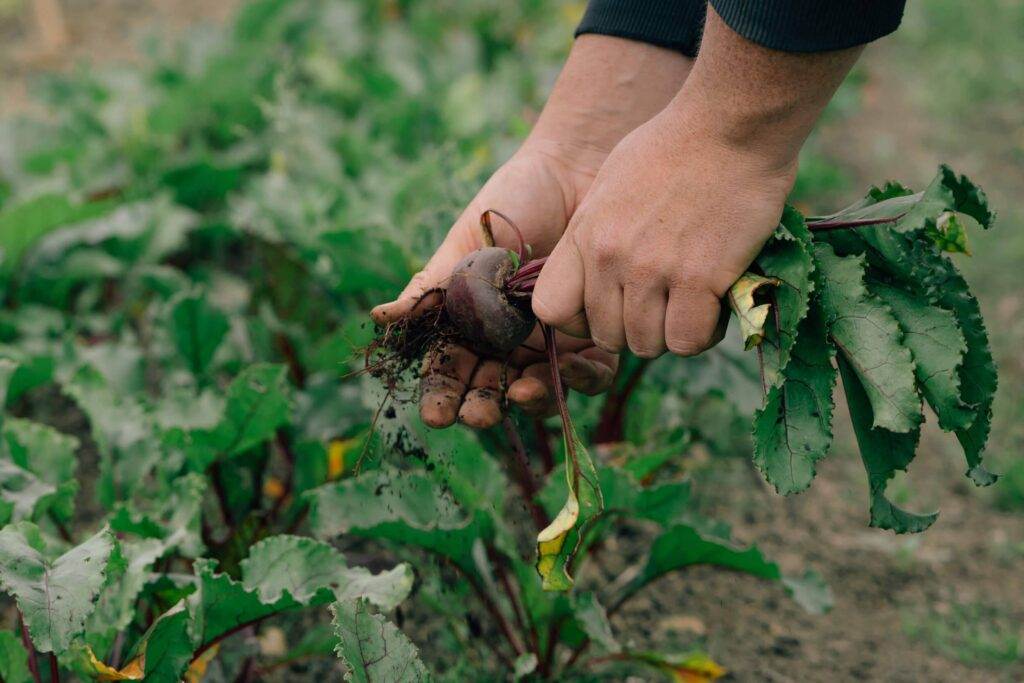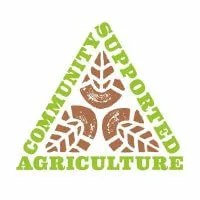


Food is a large part of the answer to living more lightly on planet Earth. You don’t need to be an expert to grow your own plants. Many crops require little care and are minimally affected by disease and pests. Even a total novice can get growing and be part of a more sustainable future.
Local food is a way of taking back control over the climate narrative. Roles in nature-friendly food production are one of the routes open to people wanting to participate in a greener and fairer world. Anyone with an interest ought to be encouraged and national Government should enable them. Yet progress in this direction is hampered by climate discussions being dominated by technological innovations within the energy and transport sectors. Somewhat missing the important point that food production impacts on both.
More people than ever have made the connection between how gardens, greenspaces and farmland are managed and the future impact on biodiversity and climate. We look instinctively towards nature as a way to enact change; our brains are hard wired to have deep sympathy with the natural world. Our ancestors’ survival depended on it.
For many people, food has greater resonance than the other big climate issues: namely energy production and transport. Food is pleasure; we share it and it helps us connect with others. It defines our regional identities (Yorkshire puddings anyone?) – and yet nearly half the food we eat is imported. There is huge potential to change this.
Food production has been removed from our control in the name of convenience. At what cost? We have tolerated a fragile global food system because supermarkets offer cheap prices, choice and labour saving. And the time reclaimed from not having to grow your own? Well that has been diverted elsewhere, much of it devoted to work providing little meaning and purpose.
An often recommended solution to this work-induced stress is to spend time in nature. There is a reason that gardeners rank highly in their levels of job satisfaction and in a rational world, outdoor roles would be readily available to those who want to grow food.
The ability to cultivate is one of the qualities that makes us most human. In this respect we are alone among all the animal species. Nothing compares with the sense of achievement gained from sowing seed and watching it sprout into harvestable food. From foragers to farmers, our inheritance is enriched with knowledge of the natural world and how it can feed us.
How do we tap into this reservoir of potential?

Recently Sheffield City Council passed a ‘Right to Food’ motion, with an amendment acknowledging urban agriculture’s role in addressing food poverty, health, employment and many other social outcomes. Should a Right to Food also be interpreted as a Right to Grow? What would it mean if more people became actively involved in production? And should this happen on public land?
Whether at home, in a community setting or as a professional, supporting more people to grow nature-friendly food around their town or city creates multiple benefits. Fewer food miles means less carbon emitted, reducing the number of imports improves food security, and money spent locally means more jobs and better outcomes for the regional economy.
At a time of increasing climate anxiety, especially among children and teenagers, we should be investing in ways of making careers in local food more accessible to all. It would restore rights that have been eroded by a system that prioritises profit over health and environmental outcomes. People can become reacquainted with their ‘inner farmer’ and appreciate the value of growing food for their community.
The most important factor is opportunity: having the physical space and the time to cultivate. Allotments and community gardens can address the former but they cannot magic spare hours into existence. If we are serious about securing a resilient low-carbon food supply then the Government must help people to transition to new green careers as tomorrow’s market gardeners and farmers.
At COP26 local food was big news – 80% of the delegates’ menu is being sourced from Scotland (95% from the UK). Now is the time for our Government to translate this ambition into actual policy change and properly fund the development of national infrastructure that allows the entire British population to eat local. But beyond this headline, food and farming was barely mentioned. We’ve been let down by the lack of real debate on food at COP26, will we see our government taking real action going forward?
Fran Halsall, November 2021.
Community Gardener at Regather & Urban Agriculture Co-ordinator for ShefFood







